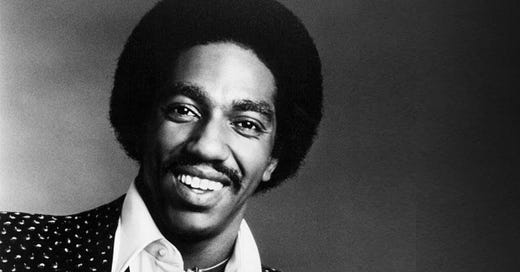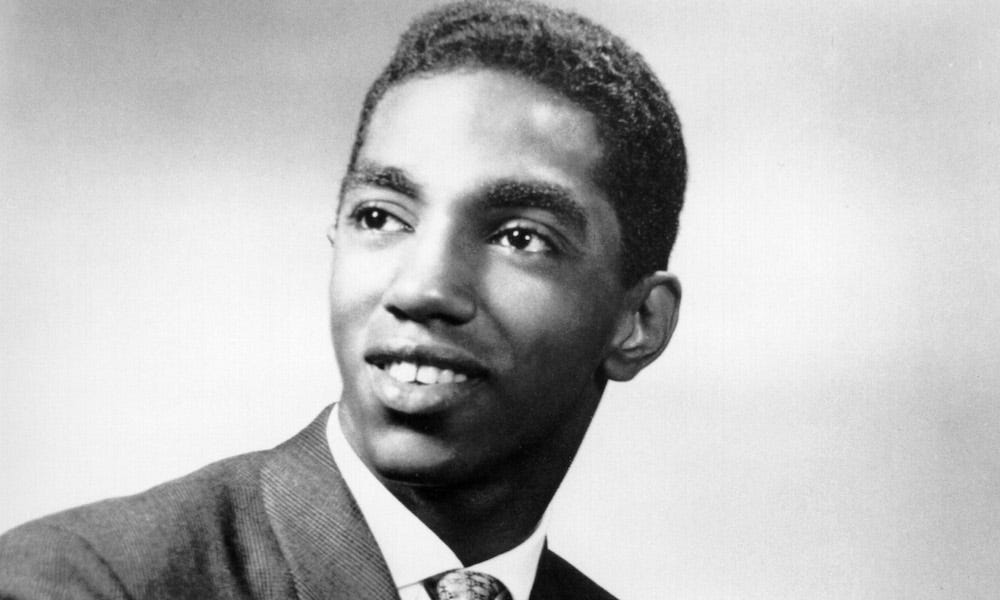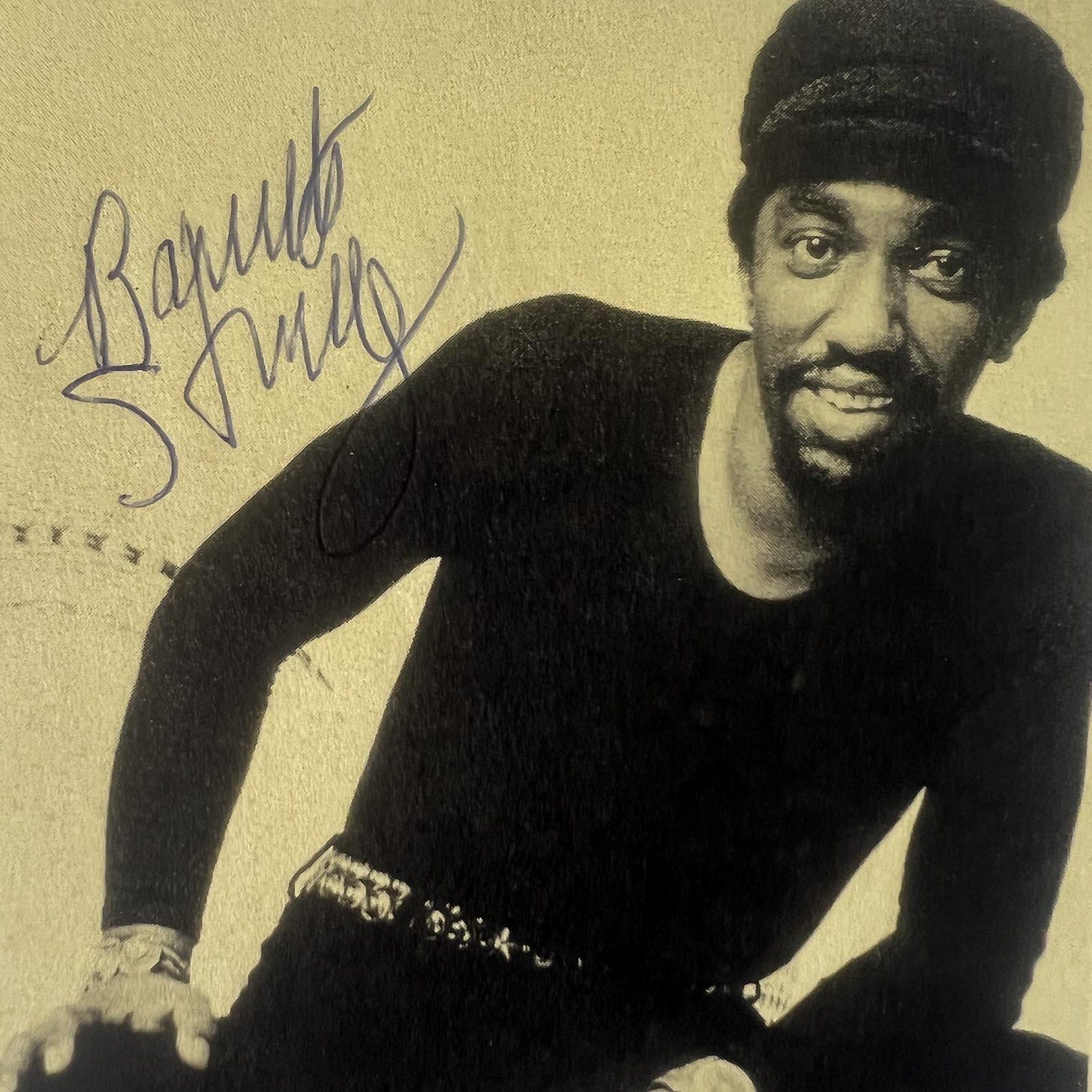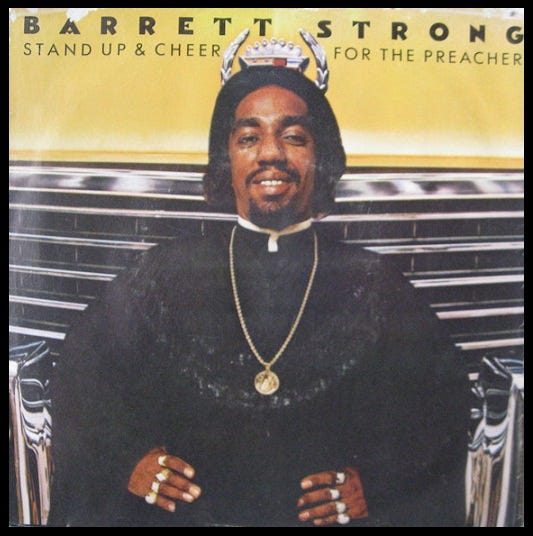Barrett Strong (February 5, 1941 – January 29, 2023) – Do You Want My Love (1975)
Strong co-wrote the superb opening cut to his first solo LP with Aretha Franklin's protégé Billy Always, backed by Ray Parker Jr. and Funk Brother "Wah Wah" Watson.

Watch full video on Substack or YouTube.
Barrett Strong’s song “Money (That’s What I Want)” was Motown’s first real hit and he later wrote the lyrics to many Norman Whitfield-produced classics including Edwin Starr’s “War” and “Papa Was A Rolling Stone” by The Temptations.
Barrett Strong Jr. was born in Mississippi. When he was four, his family moved to Detroit. He grew up with a piano in the house and took lessons as a teenager. He started singing in middle school, where two of his classmates were Lamont Dozier and Aretha Franklin.
Strong was one of the first artists signed to Berry Gordy’s Tamla record label, and his second single, “Money (That’s What I Want)” became Motown’s first big hit. It was originally released on Tamla in August, 1959, but after it got airplay, Gordy leased the record to Anna Records, the label co-owned by his sisters Anna and Gwen and distributed nationally by Chess. Re-released in 1960 on Anna, “Money” went to #2 on the R&B charts and put Gordy’s operation on the map.
Strong claimed he had co-written “Money” with Berry Gordy and fellow songwriter Janie Bradford, and first-hand accounts of the recording session support his story. Indeed, his name appeared on the song’s original copyright registration. But it was later removed, with Gordy insisting it had only been included due to a clerical error.
Regardless of the dispute, Strong continued to record for Motown, and by the mid-sixties was a lyricist for the label. He began working with producer and songwriter Norman Whitfield, and proceeded to write lyrics to some of Motown’s all-time biggest hits, earning him a long list of songwriting co-credits that dwarfed the success of “Money.”
These included “I Heard It Through the Grapevine” by Gladys Knight & the Pips (1967) and later Marvin Gaye (1968); Edwin Starr’s “War” (1970); the Temptations’ psychedelic soul hits “I Can't Get Next to You” (1969), “Psychedelic Shack” (1970), “Ball of Confusion (That's What the World Is Today)” (1970), and “Papa Was a Rollin’ Stone” (1972) (for which Strong & Whitfield won a Grammy); and “Smiling Faces Sometimes” by the Undisputed Truth.
When Motown left Detroit for Los Angeles, Strong parted ways with the label. He rebooted his career as a recording artist by signing with Epic Records, where he released a powerful tale about false prophets, “Stand Up And Cheer For The Preacher” (1973).
He soon switched labels to Capitol and began recording material for an album. For his first solo LP Stronghold (1975), he co-wrote the superb upbeat opening cut “Do You Want My Love” with Billy Always, who was Aretha Franklin's protégé. Propelled by driving horns, funky guitars, stirring strings, fantastic (but uncredited) gospel-flavored female backing vocals, and a truly epic extended instrumental outro that turned the heat up high on an already-sizzling track, it announced to the world that Strong was back and meant business.
Released on Capitol, the LP was produced by Strong, arranged by Paul Riser, and recorded at Crystal Sound Studio. It reached #47 on the R&B album charts. Other highlights were the single “Is It True,” which charted at #45 R&B, and the great closing cut “I'm Gonna Take Care Of Business.”
The album's session musicians included Funk Brothers "Wah Wah" Watson (aka Melvin Ragin) on guitar and Eddie "Bongo" Brown on congas, along with Ray Parker Jr. (also on guitar) and fellow Raydio members Ollie Brown and Larry Tolbert on drums. Hungria Carmelo Garcia played timbales, the longtime drummer for Mongo Santamaria.
#soul #funk #Motown #BarrettStrong










